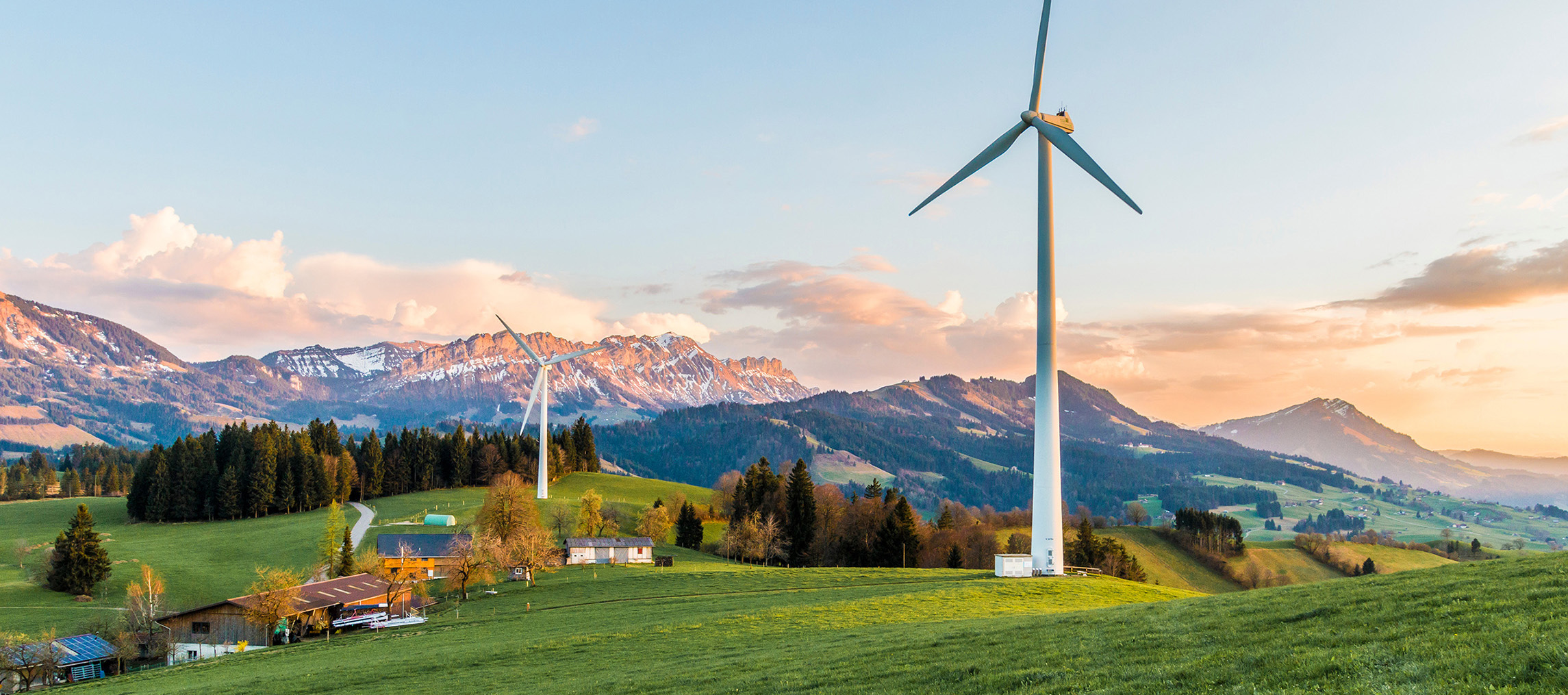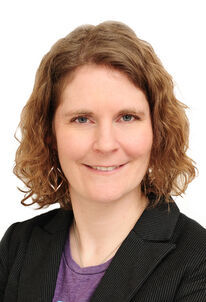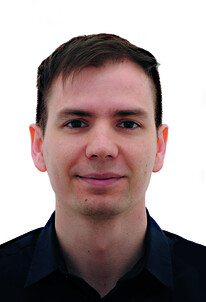Research project
CODEWIND - Community-centred wind energy in Switzerland: developing a digital co-design framework for collaboration and planning
There is a lack of understanding of the potential environmental, social, and economic benefits of wind energy for local economies in Switzerland, and a lack of standardised tools for different Swiss cantons to use.
As a result, local opposition to wind energy projects is high, and they are slow or impossible to develop. This project will develop a digital co-design framework for facilitating collaboration and dialogue on future wind energy developments between local municipalities, government, stakeholders and wind energy experts, with a focus on the potential environmental, social, and economic benefits, in a standardised way that is flexible enough to be applied in different regions of Switzerland. We propose a unique integrated and interdisciplinary social science and engineering digital approach, which combines mathematical co-design theory with stakeholder engagement methods to allow qualitative aspects from stakeholder engagement processes to be included directly in the design phase for the first time.
The recently developed mathematical theory of “co-design” is based on category theory, which has proved applicable in solving problems in fields such as mobile robotics and mobility. Co-design theory enables the definition of complex system de-sign problems in a rigorous, yet flexible manner, allowing for multiple levels of abstraction, accounting for both qualitative and quantitative constraints. In a recent paper lead by OST, co-design theory was applied to digital twin architecting for rotor blade monitoring of wind turbines. The design of the measurement system and the accompanying digital twin involved multiple teams developing components of the system that are functionally dependent on each other.
A design change in one of the components has ramifications throughout the system, ultimately affecting the system functionality. The resource and functionality constraints were effectively communicated across teams of different technical backgrounds and specialisation. Through this work, we are convinced that co-design theory has a high potential to be expanded to other applications such as wind energy project design, due to its ability to express non-convex constraints, non-differentiable, discontinuous and non-scalarisable objective functions, and work with non-continuous design spaces. This means that it will be possible to include qualitative social factors in the co-design problem and therefore to base decisions directly on the inputs from interviews and stakeholder processes. The proposed co-design framework is shown in the Figure below.
Duration: 01.12.2024 - 28.02.2029
Funding:
Swiss Federal Office of Energy
Partner:
Wageningen University and Research, Environmental Policy Group (NL)
Advisory Board: Axpo Solutions AG (CH, Wind Pioneers Engineering Limited (UK), Suisse Eole (CH), Zurich University of Applied Sciences (CH), University of Bern (CH), ETH Zurich (CH)




